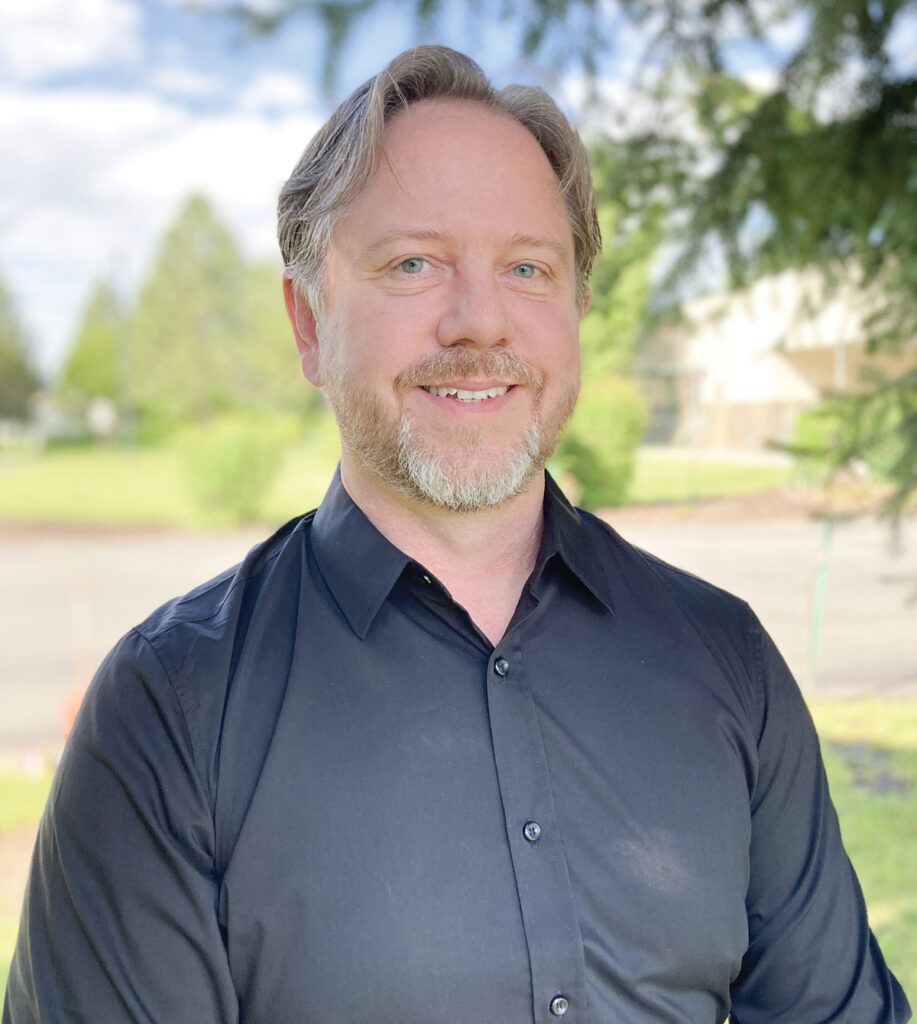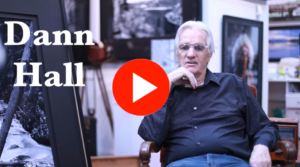PHD board debates nature of public health, role of clinical services
By Soncirey Mitchell
Reader Staff
The Panhandle Health District Board of Health held a public strategic planning meeting May 10, to discuss clinical services and the district’s priorities going forward. Chair Dr. Thomas Fletcher shepherded much of the four-hour-long meeting, repeatedly turning conversation toward his “philosophical” view of public health and playing off highly politicized ideas and conspiracy theories.
“Sixty percent of Americans suffer from chronic debilitating disease. We have 100,000 new cases of autism a year. We have countless levels of neuropsychiatric problems afflicting our population,” said Fletcher, explaining his motivations for holding the planning meeting.
According to the Centers for Disease Control and Prevention’s Autism and Developmental Disabilities Monitoring Network, one in 31 — or 3.2% — of “children aged 8 years” have been diagnosed with Autistic Spectrum Disorder.
“Fertility is in decline,” continued Fletcher. “[In the] mid-20th century, fertility was 3.2 children per woman. Today, that’s 1.6. That is below replacement level because 2.2 is replacement. Now, you say, well, women just want fewer children. Well, almost certainly women’s choice counts for some of that, but not all of it, because one in five breeding couples are infertile.”
The CDC defines infertility as the inability to become pregnant after one year of unprotected sex with no prior births. One in five — or 19% — of married women aged 15 to 45 are considered infertile, according to the CDC’s studies. Almost all highly developed countries have seen a decline in the birth rate in the past 10 years, which NPR attributes to the reduction in teenage pregnancy and couples’ decisions to hold off on having children in the face of economic and political uncertainty.
The Trump administration and other members of the far-right have recently begun to push for increased birth rates in the U.S. The so-called “pronatalist” movement has documented ties to eugenics and white supremacy, with some vocal advocates drawing from “The Great Replacement Theory,” a conspiracy theory alleging that the nation’s white population is purposefully being overtaken by people of color.
After Fletcher’s introduction, PHD Director Erik Ketner gave an overview of the PHD’s clinical services over the past 10 years, demonstrating a decline in usage since Medicaid expansion took effect in 2020, allowing more people to choose their care providers. With current federal and state changes to Medicaid qualifications and funding, Ketner anticipates a large increase in use going forward. He later clarified that PHD’s clinics already see a significant need, but can only help a finite number of patients due to a lack of staff.
PHD clinics currently offer children’s immunizations, sexually transmitted infection tracking, family planning, cancer screenings, mental health referrals and most anything else required of a primary care provider.
Ketner described PDH’s clinical services as “not a pretty picture.” The district employs 4.5 medical staff members, including 1.5 nurse practitioners, 1.5 nurses and 1.5 medical assistants, compared to 15 employees in 2015. The staff spend five days a week in Hayden, one in Sandpoint, and one divided between Kellogg and Saint Maries.
As the counties have yet to decide the district’s budget, Ketner said he could not give any concrete next steps; however, he hopes to “invest in the necessary medical professionals that can best fill the need.”
Afterward, Fletcher gave a presentation tracing the origins of the concept of public health — specifically sewer systems — back to ancient Mesopotamia, through the Roman Empire and into present day America. He argued that, though public health organizations have historically improved life expectancies by managing “effluent,” people are now “sicker.” He explained this “paradox” through the economic concept of the “management of the commons.”
“The commons is defined as an asset or resource for which everybody owns it. Example: the Spokane aquifer doesn’t belong to any of us. The Spokane aquifer belongs to all of us,” said Fletcher, arguing that public health entities have a responsibility to manage shared resources.
“So, I ask you, is there an asset or a resource that belongs to nobody? In other words, it is an asset for which there cannot be ownership,” asked Fletcher, later stating, “If you follow the teachings of Jesus Christ — and if you happen to be of a more secular orientation, the teachings of Thomas Jefferson — the answer to that question is us human beings.”
Fletcher went on to state that public health institutions underwent “a profound transformation” when they became involved with the “management of the sovereign — or individuals.”
“My question to all of us and to our civilization: Do we want, moving forward, the face and operation of public health to get involved in the management of the sovereign?”
Ketner asked Fletcher to clarify his point, reminding him that the district’s clinical services are optional and instigated at the request of the patients or their guardians.
“Bear in mind that the policies that you follow are established by the CDC and the FDA [Food and Drug Administration]. … Don’t take it personally. I’m talking at a policy level. That’s where the derangement is coming from,” said Fletcher, later referring to the CDC, FDA and National Institute of Health as “cartel medicine.”
Bonner County Commissioner Ron Korn agreed with Fletcher, saying that parents have “been lied to” about public school vaccine requirements for children, which he tied to the issue of informed consent.
The PHD board has been discussing informed consent for childhood vaccines since February, but has yet to institute any changes to the policy. Medical providers are currently required to give patients or their guardians the CDC’s informational packets on each vaccine before administering it.
The board considered adding additional information to the handouts, but members of the medical community worried that that could lead to the spread of misinformation and an increased distrust in vaccines. Proponents of the idea based their arguments on widely debunked conspiracy theories, such as the idea that vaccines cause autism.
At the May 10 meeting, Ketner encouraged everyone to do their own research when making any medical decisions.
“Unfortunately, in the past, Baby Boomers — since I am at the tail end of that [generation] — we have become trusting in our health care providers and we’ve gotten used to listening to our doctor’s advice,” said Korn, arguing that people will not do their own research and that PHD should provide “the pros and the cons” of each vaccine.
Ketner emphasized the importance of choosing a provider that “aligns with your belief system,” but did not indicate that the board was still considering policy changes.
The meeting concluded with attendees brainstorming “strengths, weaknesses, opportunities and threats” to help guide the district’s decisions going forward. The board agreed that PHD should prioritize winning back its communities’ trust and advertising clinical services, though did not formalize any plans on how to accomplish those goals.










 Coming up this week! Don’t miss Live Music, the Summer Sampler, the Art Party, Monarch Grind, the Sandpoint Renaissance Faire, and more! See the full list of events in the
Coming up this week! Don’t miss Live Music, the Summer Sampler, the Art Party, Monarch Grind, the Sandpoint Renaissance Faire, and more! See the full list of events in the 